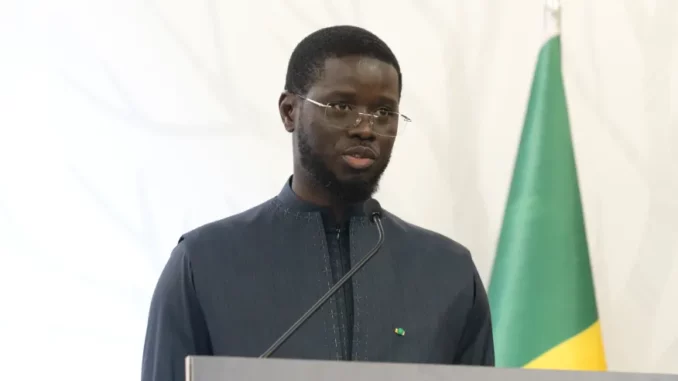
Senegalese President Bassirou Diomaye Faye’s landmark state visit to Guinea-Bissau on 26 May is being seen as more than a diplomatic formality. It signals a renewed West African momentum towards economic integration and regional peacebuilding. As the first Senegalese leader to be received with full state honours in Bissau since independence, Faye’s presence underscores a deliberate pivot towards neighbourly cooperation anchored in shared development goals and security concerns.
While fisheries remain a traditional pillar of bilateral ties, the strategic rehabilitation of the Ziguinchor–Bissau transport corridor, which connects the broader Dakar–Banjul–Bissau route, is high on the agenda. The initiative is expected to ease trade flow, increase access to rural markets, and reinforce ECOWAS-led goals for subregional connectivity. Such infrastructure diplomacy aligns with Faye’s broader vision for economic transformation through cross-border synergies.
Beneath the formalities, however, lies the unspoken but pressing issue of the Casamance conflict. Guinea-Bissau’s role in facilitating peace between separatist elements and Dakar adds a sensitive layer to the visit. Despite the absence of public discussion, insiders suggest the topic will feature prominently in closed-door meetings, especially as recent disarmament commitments still struggle to take root. With Faye’s visit, the groundwork may be laid for a deeper, more coordinated approach to peace and post-conflict reconstruction in southern Senegal.
